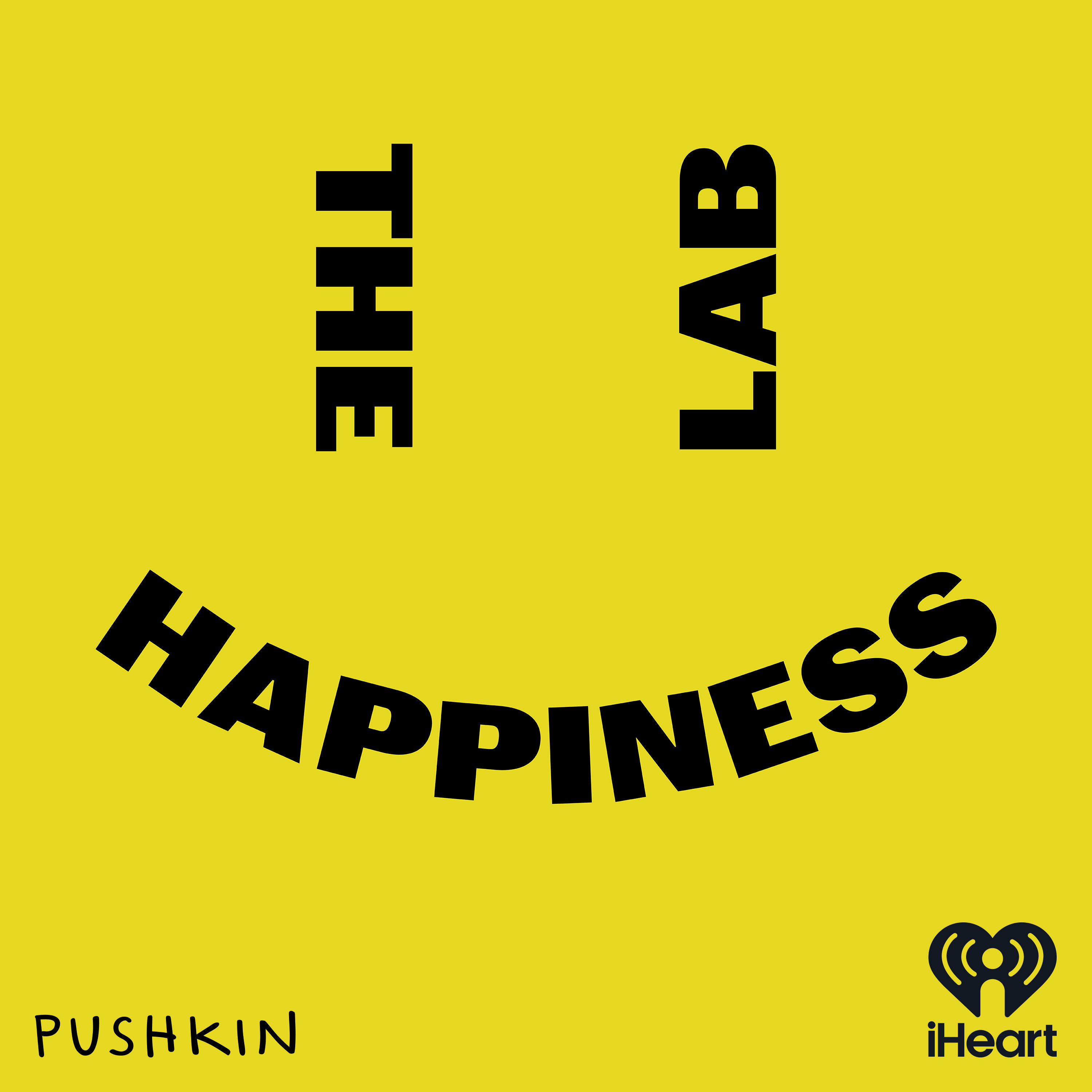
Top 5: Throw Yourself into Fandom

The Happiness Lab with Dr. Laurie Santos
Deep Dive
Why did Tabitha Carvan feel embarrassed about her obsession with Benedict Cumberbatch?
Tabitha felt embarrassed because she believed her intense crush on a celebrity was inappropriate, juvenile, and a mental and emotional regression. She felt it was something she should have outgrown by her age.
Why is being a fan of something often stigmatized?
Being a fan of something is often stigmatized because it can be seen as frivolous, childish, or a waste of time. Society tends to value more 'serious' or 'productive' pursuits, leading to feelings of guilt and embarrassment among fans.
What psychological benefits can come from being a fan of something?
Being a fan can boost happiness, social connection, and self-esteem. It can provide a sense of belonging, identity, and purpose, and can even inspire life changes. Parasocial relationships with fictional characters or celebrities can fulfill social needs and reduce feelings of loneliness.
How did Tabitha Carvan's obsession with Benedict Cumberbatch impact her life?
Tabitha's obsession with Benedict Cumberbatch helped her feel more alive and joyful, providing an escape from the monotony of motherhood. It also led her to connect with a community of like-minded fans, which gave her a sense of belonging and support.
What is a parasocial relationship, and how does it benefit fans?
A parasocial relationship is a one-sided relationship formed with a person you don't know, such as a celebrity or a fictional character. These relationships can provide social support, reduce loneliness, and boost self-esteem, similar to real-world relationships.
Why did Will Wheaton embrace his geeky interests despite the negative experiences?
Will Wheaton embraced his geeky interests because they brought him joy and a sense of belonging. Despite facing harassment as a young actor, he recognized the positive impact of fandom on his well-being and the well-being of others, particularly in inspiring young fans to pursue their dreams.
What advice does Tabitha Carvan give to those who are reluctant to embrace their passions?
Tabitha advises people to give themselves permission to love something, anything, like their life depends on it. She encourages them to be conscious of their interests, pay attention to the spark of intrigue, and not feel ashamed or embarrassed about pursuing what makes them happy.
How can toxic fandom arise, and what are its negative impacts?
Toxic fandom can arise when a small percentage of highly invested fans with problematic personality traits engage in negative behaviors. This can lead to harassment, division, and a negative community atmosphere. However, the vast majority of fans remain positive and supportive.
- A mother's unexpected obsession with Benedict Cumberbatch.
- Initial shame and embarrassment over the obsession.
- The powerful emotional impact of the obsession and the conflict with societal expectations.
Shownotes Transcript
To celebrate five years of The Happiness Lab, Dr Laurie has picked out the five episodes she loves the most. And this is a special one - Nerd Out! The Happiness of Being a Fan.
Really love a TV show; a boyband; a sci fi movie; or a celebrity? We're often too embarrassed to admit adoring some things for fear that we'll be seen as frivolous or childish - but we may be missing out on the happiness benefits that geeking out can bring.
Dr Laurie explores the joy of fandom with Benedict Cumberbatch obsessive Tabitha Carvan, YA author Jennifer Lynn Barnes and Star Trek actor (and geek-vangelist) Wil Wheaton.
See omnystudio.com/listener) for privacy information.